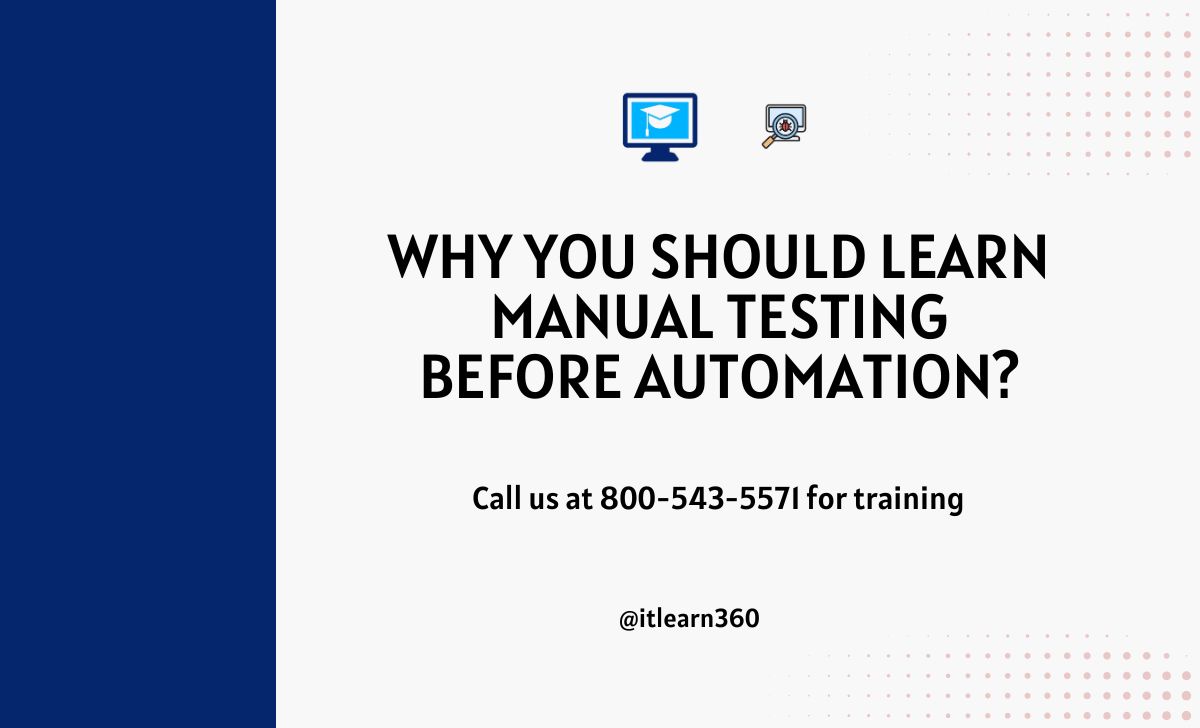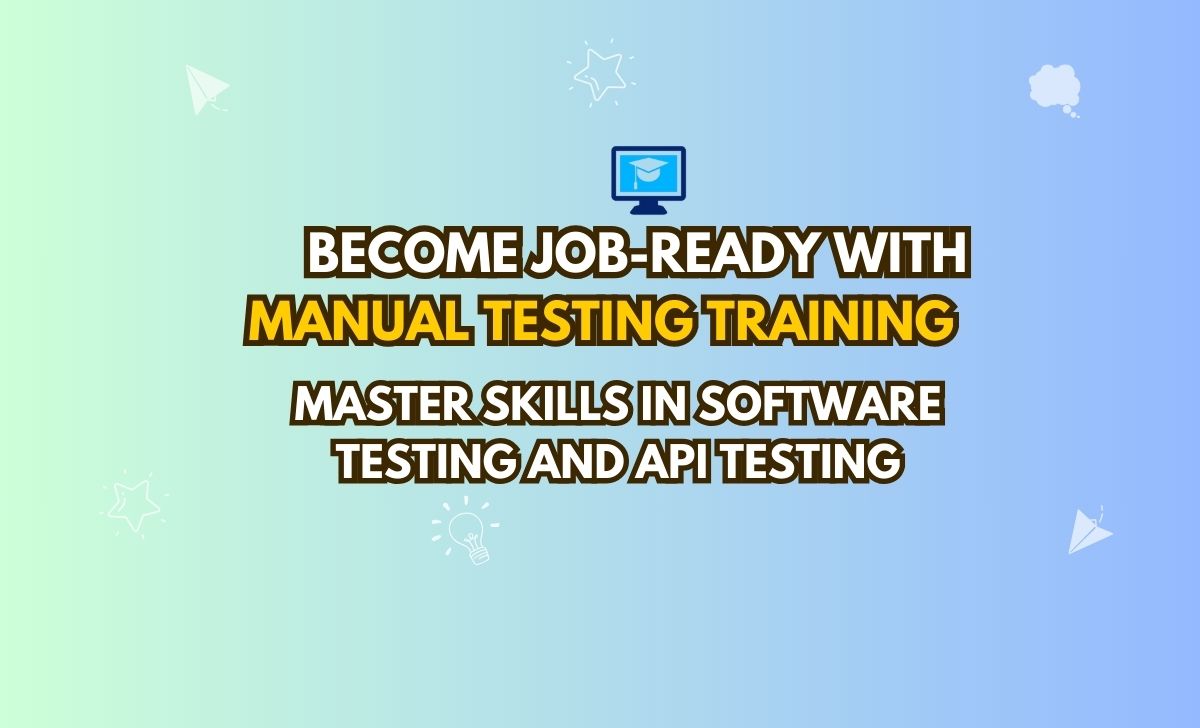Data engineering is a rewarding and fast-growing career path, but how do you know if you are ready to dive into it? A self-evaluation helps you identify your strengths and pinpoint areas for improvement. It also helps you build confidence in your readiness. In this guide, we will outline a checklist to assess your skills, knowledge, and traits necessary for becoming a successful data engineer.
1. Foundational Knowledge
Start by checking how well you understand important concepts and basic information.
- Are you familiar with database systems like SQL and NoSQL?
- Knowing how to query, manipulate, and manage data is a non-negotiable skill.
- Do you understand the basics of ETL processes?
- Data engineers often create pipelines to extract, transform, and load data into analytical systems.
- Are you comfortable with programming languages like Python, Java, or Scala?
- These languages are essential for automating workflows and processing data.
Action Step: If you’re unfamiliar with these concepts, start with foundational courses on SQL, ETL, and Python.
2. Technical Skills and Tools
Evaluate your knowledge of tools and technologies used in data engineering.
- Do you have experience with big data tools like Apache Spark or Hadoop?
- These tools are essential for handling large datasets in industries such as e-commerce.
- Are you familiar with cloud platforms like AWS, GCP, or Azure?
- Most modern data engineering workflows are built on scalable cloud platforms.
- Have you worked with workflow orchestration tools like Apache Airflow or Talend?
- Managing data pipelines efficiently requires knowledge of such tools.
Action Step: Develop a solid technical foundation by gaining hands-on experience with at least one tool from each category.
3. Problem-Solving and Analytical Thinking
Data engineering is more about solving problems than it is about technical skills.
- Can you identify bottlenecks in data pipelines and optimize them?
- Analytical thinking is crucial for building efficient systems.
- Are you comfortable troubleshooting issues with data processing?
- Debugging skills are often tested in real-world projects.
- Do you think critically about the design and scalability of data systems?
- A strong architectural mindset sets great data engineers apart.
Action Step: Practice solving data engineering challenges on platforms like LeetCode, HackerRank, or Kaggle.
4. Knowledge of Industry Use Cases
It is critical for career success to understand how data engineering applies to real-world scenarios.
- Do you know the role of data engineering in e-commerce, healthcare, or finance?
- Each industry has unique data challenges and requirements.
- Are you familiar with the concepts of data lakes, data warehouses, and real-time analytics?
- Knowing when and how to use these systems is key.
- Do you understand compliance requirements like GDPR or HIPAA?
- Security and compliance are integral to handling sensitive data.
Action Step: Study case studies from industries you’re interested in to contextualize your technical skills.
5. Communication and Collaboration
Data engineers often work in cross-functional teams, which makes communication a vital skill.
- Can you explain technical concepts to non-technical stakeholders?
- Simplifying complex ideas ensures alignment with business goals.
- Are you comfortable working with data scientists, analysts, and software developers?
- Collaboration is essential for creating integrated solutions.
- Do you document your workflows and data pipelines effectively?
- Clear documentation helps maintain systems and onboard new team members.
Action Step: Improve your communication skills by practicing technical writing and participating in team projects.
6. Certifications and Continuous Learning
Certifications show that you are good at something and want to get better.
- Do you have certifications in cloud platforms or big data tools?
- Certifications like Google Professional Data Engineer or AWS Certified Data Analytics can give you an edge.
- Are you actively learning about new tools and technologies?
- Data engineering evolves rapidly, so staying updated is crucial.
- Do you participate in online communities or attend industry events?
- Networking and staying informed help you keep pace with industry trends.
Action Step: Choose certifications aligned with your career goals and build a habit of continuous learning.
7. How to Score Your Readiness
Rate yourself on a scale of 1-5 for each category:
- 1-2: Needs improvement.
- 3: Intermediate understanding.
- 4-5: Proficient and job-ready.
Score Interpretation:
- 35 or above: You’re ready to pursue a career in data engineering.
- 20-34: Focus on filling knowledge gaps through targeted learning.
- Below 20: Start with foundational concepts and gradually build expertise.
Conclusion
A career in data engineering requires a combination of technical skills, problem-solving skills, and industry knowledge. This self-evaluation guide will help you assess your readiness and take actionable steps towards building a strong foundation. With the right mindset and resources, you can transition into this exciting and rewarding field with confidence.







